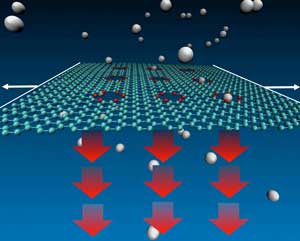
Monday, November 26, 2018
Simulations suggest graphene can stretch to be a tunable ion filter
Crystallinity reduces resistance in all-solid-state batteries
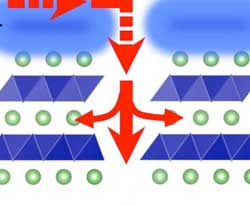
Draw-your-own electrodes set to speed up development of micro detection devices
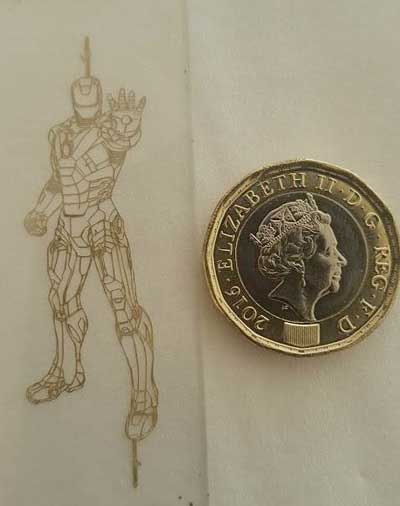
Living electrodes with bacteria and organic electronics
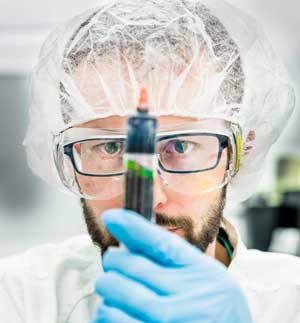
A starch and graphene hydrogel geared towards electrodes for brain implants
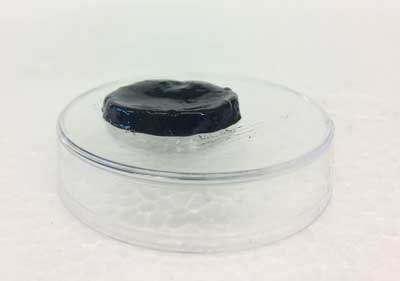
Faster-charging, safer batteries
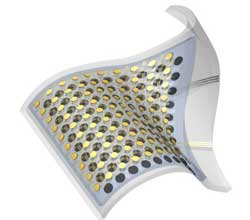
Laser-driven electron accelerator fits on a microchip
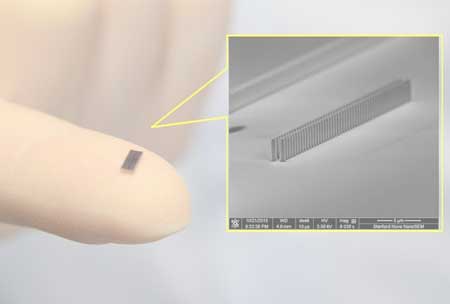
Thermoelectric cooling gets fit for microtechnology
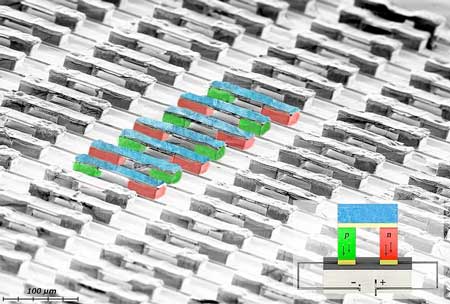
Racing electrons in graphene under control
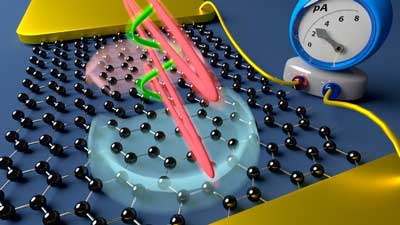
Environment turns molecule into a switch for spintronics
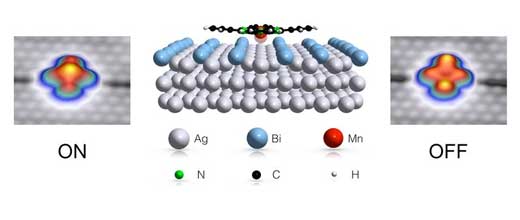
Molecules that self-assemble into monolayers for efficient perovskite solar cells
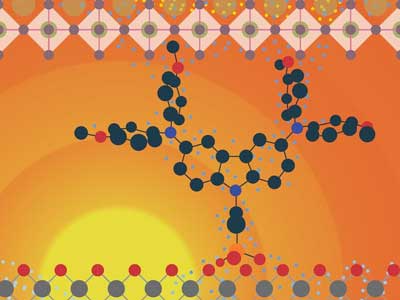
Subscribe to:
Comments (Atom)
